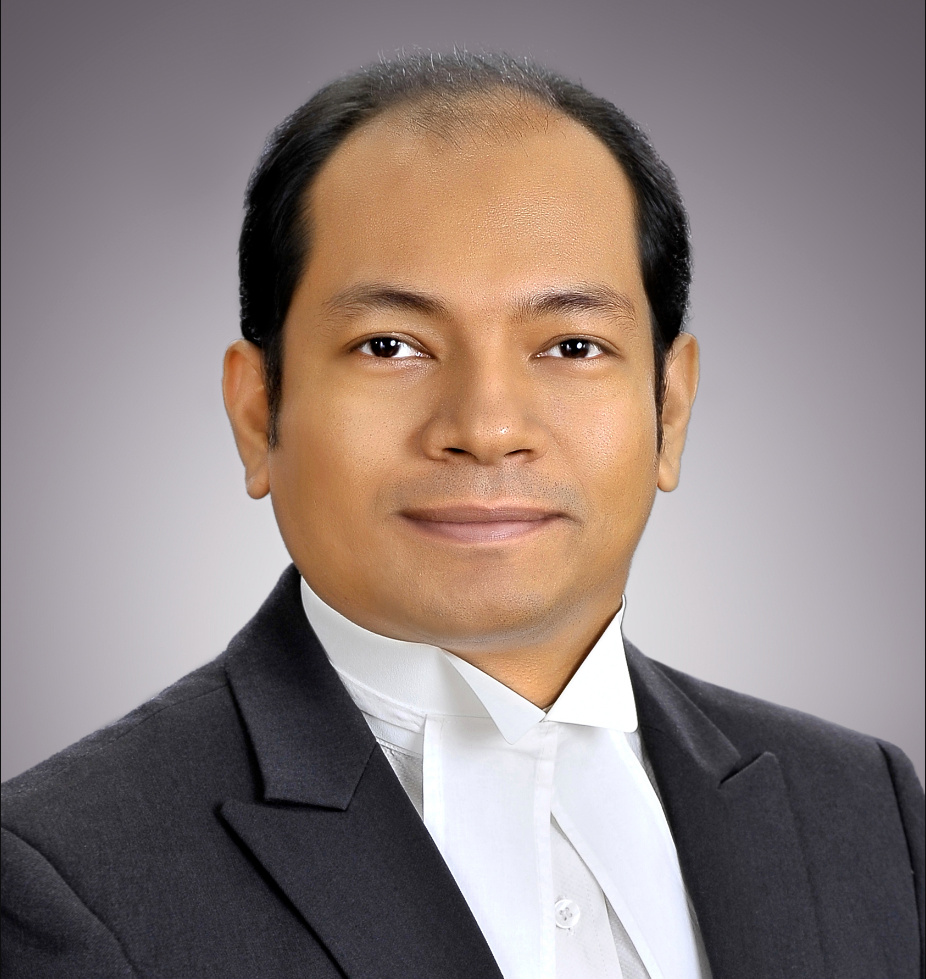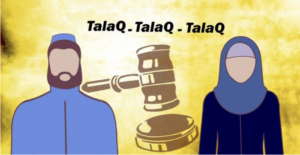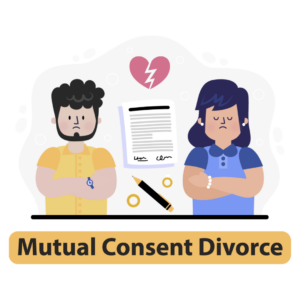In Bangladesh, laws protecting women against dowry harassment and domestic violence have been essential in addressing genuine abuse. However, over the past decade, the misuse of these laws has surfaced as a troubling trend. Increasingly, men are being harassed through false dowry claims, exaggerated dower demands, and, more recently, “honey trap” scams involving extortion and blackmail. These patterns reveal an urgent need for balanced legal reforms to prevent the misuse of protective laws.
The Rise of False Dowry Allegations
Under the Women and Children Repression Prevention Act, 2000, dowry-related violence and abuse are punishable by severe penalties. However, loopholes in the enforcement mechanism have led to numerous false allegations, where arrests are made based on unverified complaints. In many cases:
-
Arrest warrants are issued without prior investigation.
-
Men are detained, humiliated, and subjected to years of legal battles.
-
Entire families of the accused are often dragged into the case.
Innocent men facing such allegations experience irreparable harm to their reputation, career, and mental health, even if later proven not guilty.
Exploitation Through High Dower (Mohr) Clauses
In many marriages, the dower (mohr)—an obligatory payment from the husband to the wife—is set at an unrealistically high amount. While symbolic in nature, in legal disputes, this amount becomes a powerful tool. If the marriage breaks down, some parties exploit this clause to financially cripple the man through litigation and threats.
In extreme cases, men are coerced into settling large sums or face additional legal claims, even in the absence of actual dowry-related abuse.

The Emergence of Honey Trap Scams
More recently, Bangladesh has witnessed a disturbing rise in “honey trap” extortion schemes. In these cases, individuals—often posing as models, influencers, or social media personalities—entice men into romantic or intimate encounters. These interactions are secretly recorded and used to blackmail the men for large sums of money, under threat of public exposure or criminal complaints.
Such scams not only destroy personal lives but also undermine public trust in legitimate victims of abuse. These incidents highlight how laws without safeguards can become tools of manipulation and extortion.
Proposed Legal Reforms to Protect Innocent Men
To address this growing crisis, legal experts and civil society advocates are calling for urgent reforms:
✅ 1. Penal Provisions for False Allegations
There must be clear and enforceable penalties under the Penal Code for filing false dowry or abuse complaints. This includes imprisonment, fines, or both if it is proven that the complaint was deliberately misleading or malicious.
✅ 2. No Arrest Without Preliminary Investigation
The current practice of arresting men based on initial allegations must be re-evaluated. A mandatory prima facie investigation should be conducted before issuing arrest warrants in such cases.
✅ 3. Capping or Verifying Excessive Dower Claims
Courts should consider the financial capacity of the groom when registering high dower amounts. Legal reforms may also include a cap on dower or require notarized agreements to ensure fairness.
✅ 4. Addressing Honey Traps Under Cybercrime Laws
Cases involving blackmail, unauthorized recording, and extortion should be swiftly prosecuted under Bangladesh’s Cyber Security Act. Dedicated cybercrime units and fast-track tribunals can ensure that digital abuse is dealt with effectively.
Bangladesh’s legal system must evolve to serve both justice and fairness. Protecting women from genuine abuse is a moral and legal imperative—but so is shielding innocent men from false charges, extortion, and legal harassment. If the laws continue to be abused, the entire justice system loses credibility.
A balanced approach—grounded in due process, evidence-based prosecution, and accountability for false claims—will restore faith in the system and serve the interests of true justice.
📞 Facing legal harassment or false dowry allegations?
Talk to our experienced family and criminal law





